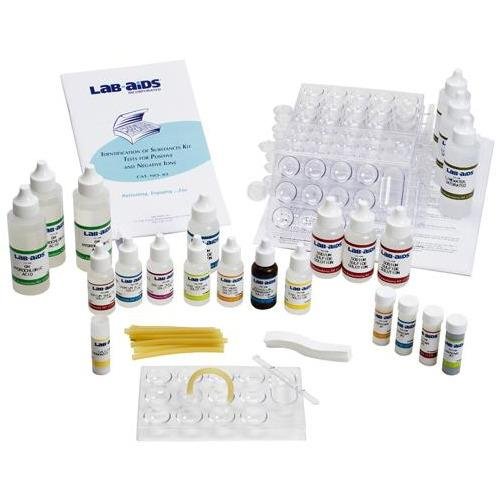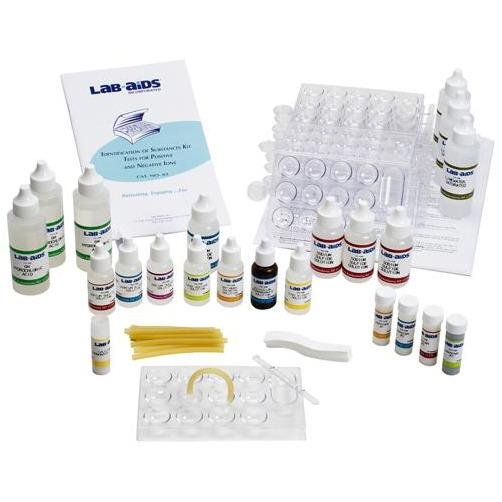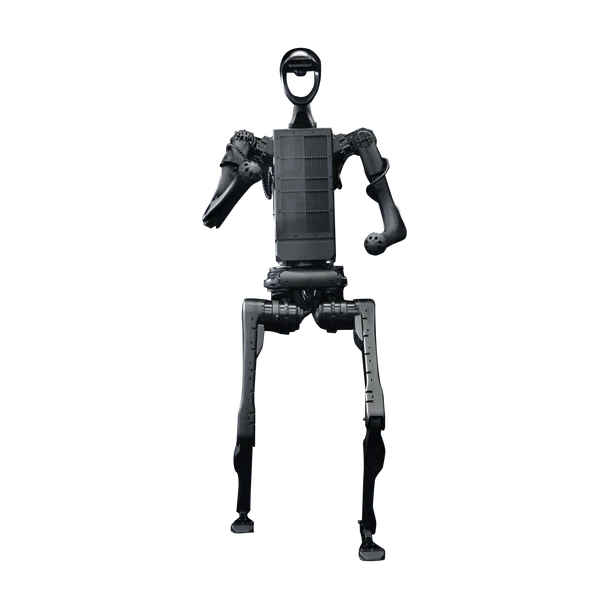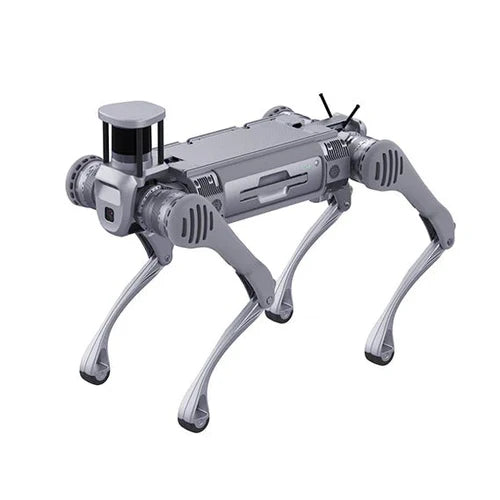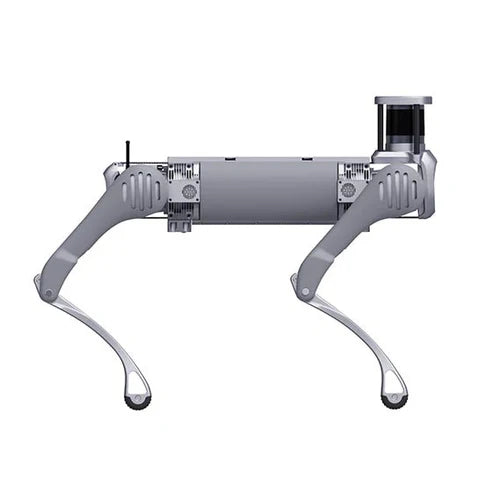Lab-Aids: Identification of Substances Kit
Specific positive and negative ions are often used to identify inorganic substances. In this kit, students are asked to identify common metallic and non-metallic ions in zinc, cadmium, antimony, barium, sulfate, sulfide, sulfite, and carbonate. Through the identification process, students learn that each substance has distinctive properties. As a closing activity, students conduct chemical tests on four unknown substances. All test results are safe, clear, colorful, and unmistakable! Since one kit provides supplies for twelve students working individually, LAB-AIDS‚® recommends ordering additional kits.
The Identification of Substances Kit is an excellent complement to the Identification of Chemical Reactions Kit (LAB-84).
Scientific Concepts:
- A thorough introduction to acid and bases
- Produce hydrogen by reacting acids with metals
- Collect and safely test hydrogen
- Produce carbon dioxide by reacting carbonates with acids
- Collect and test carbon dioxide
- Observe effects of acids and bases on indicator dyes
- Measure concentration of acids by titration of an "unknown"
- Perform a neutralization experiment
Content List:
- 1 Teacher's Guide with MSDS
- 50 Student Worksheets and Guides
- 12 Chemplates with spatulas and gas collector caps, LAB-AIDS‚®
- 12 Gas delivery tubes
- 1 Absorbent paper, Package
- 1 Calcium carbonate chips, Vial
- 1 Unknown #1, Vial
- 1 Unknown #2, Vial
- 1 Unknown #3, Vial
- 1 Unknown #4, Vial
- 1 Barium Chloride Solution, Drop control bottle
- 1 Antimony Chloride Solution, Drop control bottle
- 1 Cadmium Nitrate Solution, Drop control bottle
- 1 Lead Acetate Solution, Drop control bottle
- 1 Potassium Permanganate Solution, Drop control bottle
- 1 Sodium Sulfate Solution, Drop control bottle
- 1 Sodium Sulfite Solution, Drop control bottle
- 1 Zinc Nitrate Solution, Drop control bottle
- 3 6M Hydrochloric Acid, Drop control bottle
- 3 Saturated Limewater, Drop control bottle
- 3 Sodium sulfide Solution, Drop control bottle
Classroom Planning:
- To complete this kit requires one ~50-minute class period.
- Number of students: 50
‚
You may also like
More from Middle School Science
Recently viewed


